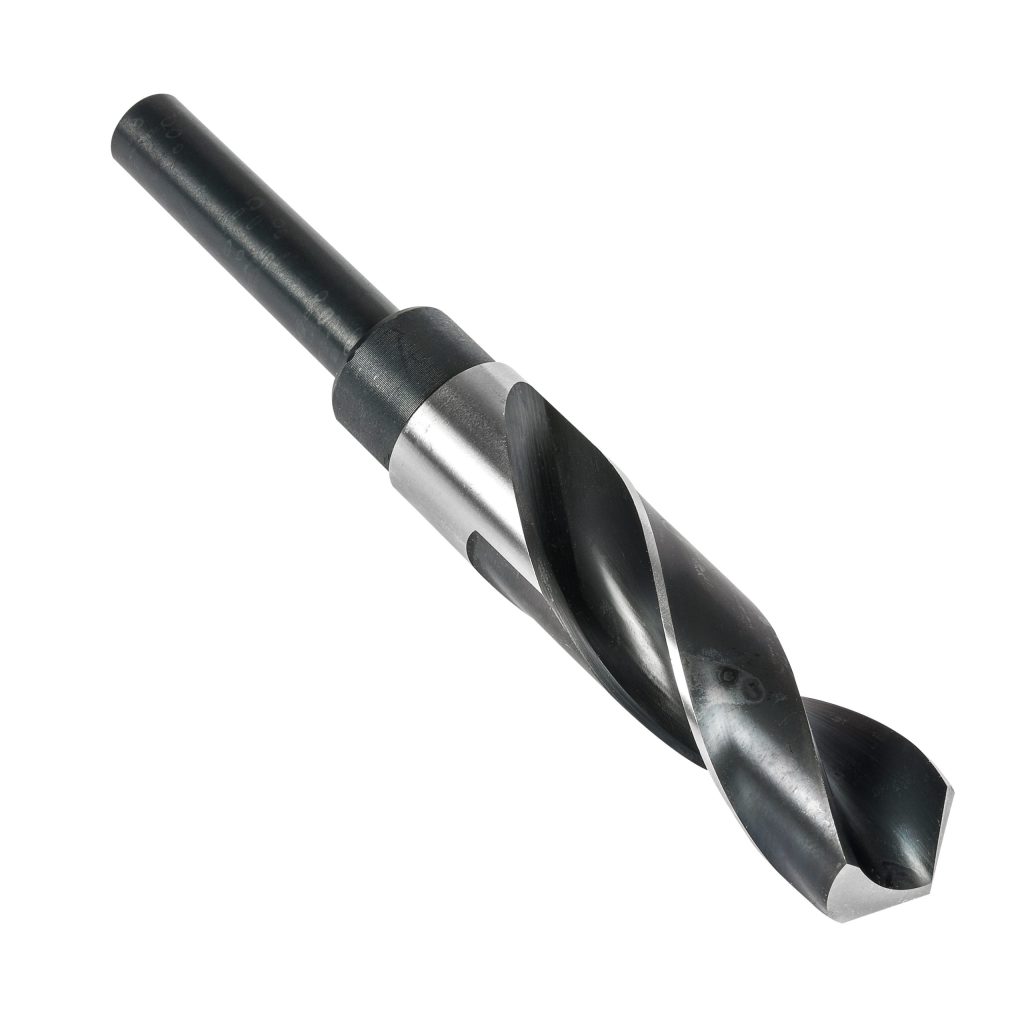General-Purpose Drill Line
General-Purpose Drill Line
The general-purpose drill line from Dormer Pramet includes the Precision Twist Drill brand of Silver & Deming drills. These reduced-shank drills deliver versatility and reliability.

The general-purpose drill line from Dormer Pramet includes the Precision Twist Drill brand of Silver & Deming drills. These reduced-shank drills deliver versatility and reliability.
The Precision Twist Drill R56 features a ½ inch diameter round shank suitable for use with ½ inch chuck portable drills. The common flute and overall length allows for minimal adjustments for drill presses. It is ideal for drilling a wide range of materials of low to medium tensile strength.
The Precision Twist Drill R57 features 3 flats on the ½ inch diameter shank for a more positive non-slip hold.
The Precision Twist Drill R56CO is manufactured from premium cobalt steel for increased hardness, wear resistance and heat resistance. It features a 118° self-centering split point for accurate positioning and easier penetration. The R56CO is the ideal drill for tough, high tensile strength materials that generate higher cutting temperatures, such as high alloy steels, ferrous castings, stainless and other difficult-to-machine materials.





